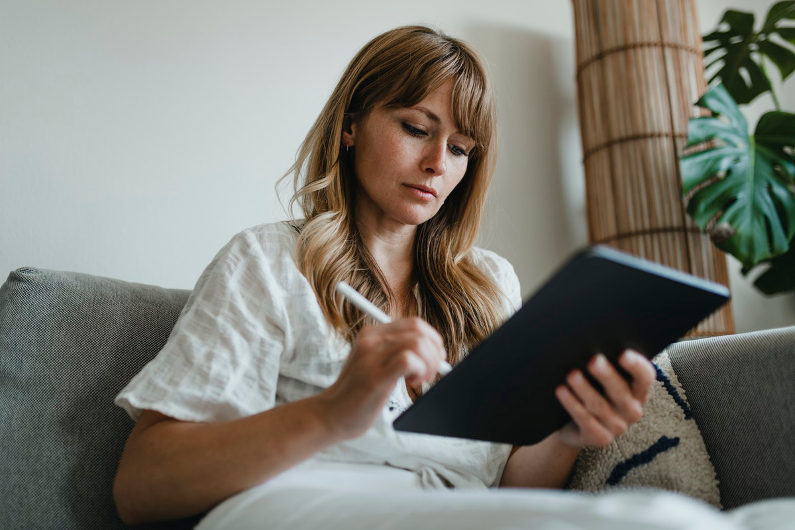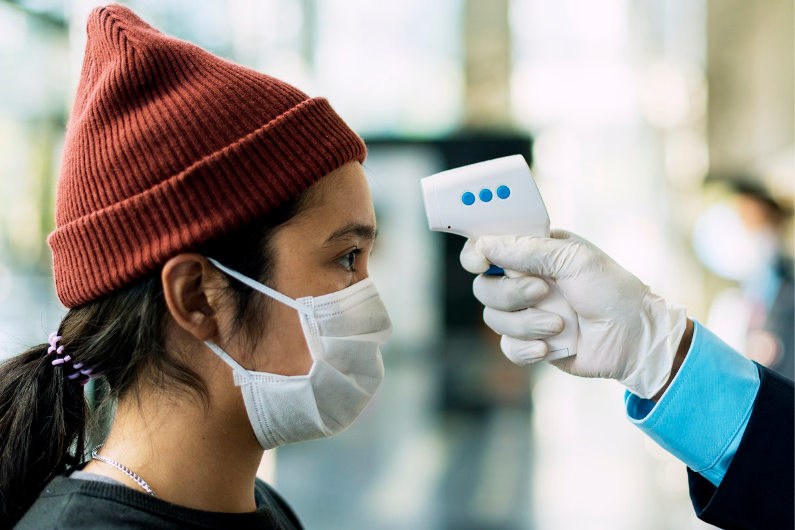Covid-19 has changed every aspect of our lives, including the way we work, and those changes will remain in place until a vaccine is ready. But with a vaccine months if not years off, what will the future of work look like when a vaccine is found? Will the changes made by employees and businesses end, or will they be here to stay?
Here, we’ll look at some changes likely to stick around even after the crisis is over.

Remote Work
Working remotely from home has become one of the primary ways businesses are addressing the risk of Covid-19 to their employees. This has been a tough adjustment for some, but for others, the change has been welcome.
Those who have enjoyed being able to work from the home report they hope to continue working from home, even after a vaccine is found. This is likely to lead more than a few businesses to shut down traditional offices and adopt a telework model instead. This business model will look like employees working from home offices, with in-person meetings taking place in a rented Coworking Space.
Personal Protective Equipment
For businesses where a telework model isn’t an option, such as those in the retail and restaurant industry, the use of PPE is likely to stay even after a vaccine is found. This will be due to the slow nature of vaccinating an entire world against a disease.
Anti-vaccine attitudes, uninsured and under-insured workers who won’t be able to afford a vaccine, and the unknown long-term effects of a new vaccine will all play roles in making PPE a new standard in workplaces. According to an article from CNN discussing the changing workplace, adaptability to changes like these will be key to businesses surviving.
Business Travel
As reported by CNBC, Covid-19 could mean the end of business travel, at least as we know it. Telecommunication is replacing most business travel because of strict Covid-19 restrictions.
As companies adjust to not travelling, they’re also noticing that the reduction in travel means a reduction in travel-related expenses. Many will end up replacing most business travel with telecommunication. They’re also likely to reallocate travel budgets to Covid-19 related expenses, such as recouping financial losses, PPE related expenses, and home-office stipends for employees.

Medical Screening
Mandatory medical screening may also be here to stay. With employers legally allowed to check employees’ temperatures, and demand for such screenings coming from employees themselves, daily temperature tests and medical questionnaires are now the new norms. Labour experts predict that this is another change likely to stick around, as both employers and employees will have no way of knowing if those around them have been vaccinated.
Mental health professionals are also likely to become permanent staff, as employees struggle with feelings of depression and hopelessness in relation to the effects of Covid-19 on their own lives and the world around them.
Takeaway
The future of work will look much different from before Covid-19 emerged, with many changes being here to stay, not just the ones mentioned here. But as businesses and employees learn to be flexible and adapt to working in a pandemic era, things will take on a new normal. Many workers may even wonder how they ever worked without these changes.

